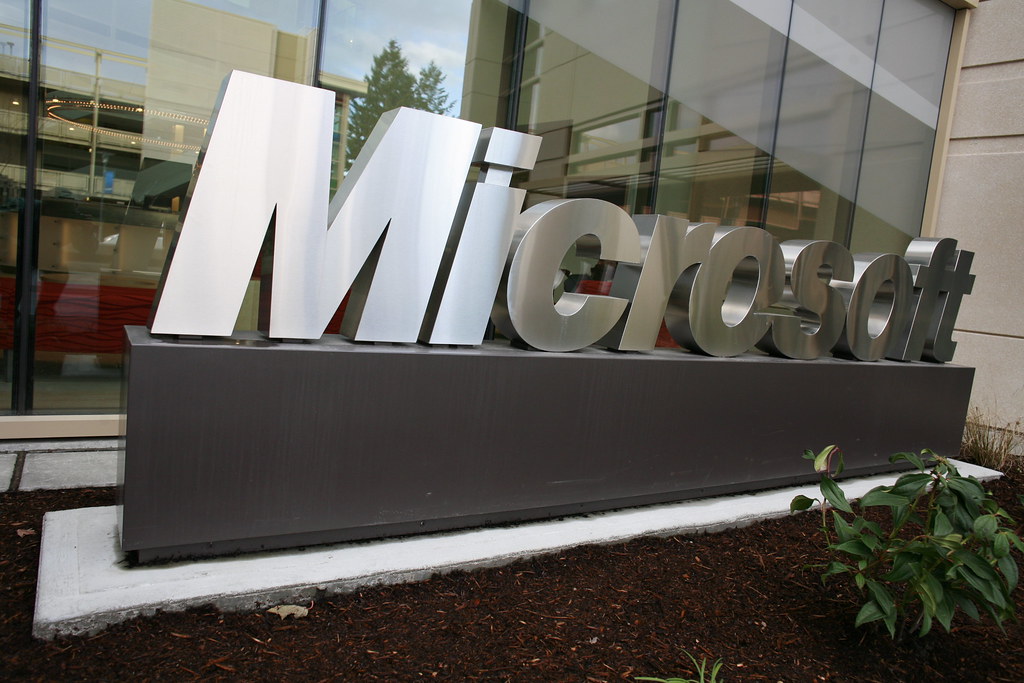Table Of Contents
Microsoft is making waves in the healthcare sector with its latest suite of AI tools, aimed at revolutionizing how healthcare providers manage data, improve patient outcomes, and reduce administrative burdens. These innovations include advanced medical imaging models, AI-driven healthcare agents, and automated documentation solutions, all designed to streamline operations in health systems and alleviate stress for medical professionals. As AI continues to shape the future of healthcare, Microsoft’s new offerings signal a major leap towards more efficient, AI-powered medical care.
AI Innovations to Support Healthcare Providers
In a recent announcement, Microsoft introduced a suite of AI-powered tools tailored specifically for the healthcare sector. These tools, including multimodal medical imaging models and healthcare agents, are built to assist healthcare providers in building AI applications more swiftly. The ultimate goal is to reduce time spent on administrative tasks, which have long been a source of burnout for medical staff.
According to a report from CNBC, nurses spend up to 41% of their time on documentation and other administrative duties. Microsoft’s AI tools aim to cut this time down, allowing healthcare workers to focus more on patient care. “By integrating AI into healthcare, our goal is to alleviate pressure on medical staff, enhance team collaboration, and improve overall system efficiency,” said Mary Varghese Presti, Vice President of Microsoft Health and Life Sciences, in a pre-recorded media briefing.
These innovations are part of Microsoft’s broader effort to establish itself as a leader in AI for healthcare. Last October, the tech giant launched a series of healthcare-specific features via its Azure cloud and Fabric analytics platform, underscoring its long-term commitment to transforming healthcare through AI.
Advanced Medical Imaging Models: A Key Innovation
One of the cornerstone offerings in Microsoft’s new suite is its AI-driven medical imaging models. In healthcare, imaging technologies such as X-rays and MRIs are critical for diagnosing and treating patients. In fact, such imaging is involved in approximately 80% of hospital visits. Microsoft aims to enhance this process by introducing open-source, multimodal AI models capable of analyzing a variety of data types, beyond just written text, including medical images and clinical records.
Healthcare organizations can utilize these models to develop new tools and applications. For instance, digitizing a single pathology slide can require over a gigabyte of storage. Microsoft, in collaboration with Providence Health & Services, has developed a full-slide pathology model that enhances disease prediction and cancer classification. According to a study published in Nature, this model significantly improves the accuracy of diagnoses, allowing hospitals to tailor the tool to meet their specific needs.
These novel models are available through Azure AI Studio, Microsoft’s hub for generative AI development. This platform enables developers to build and fine-tune healthcare-specific solutions, making it easier for healthcare providers to adopt AI-driven approaches.
AI-Powered Healthcare Agents for Streamlined Operations
Another exciting innovation is Microsoft’s AI-powered healthcare agents, which aim to automate routine tasks and improve patient care. These agents, built using Microsoft Copilot Studio, can help healthcare organizations automate processes, answer common questions, and even perform specific tasks.
For example, a health system could develop an AI agent that assists doctors in identifying clinical trials relevant to a patient’s condition. A doctor might ask, “What clinical trials are available for a 55-year-old male with diabetes and interstitial lung disease?” The AI-powered agent would then provide a list of potential trials, saving the doctor valuable time and ensuring more comprehensive treatment options.
Microsoft has also emphasized that these agents come with built-in safeguards. When AI-generated responses reference clinical evidence, the source is clearly displayed, ensuring transparency and trust in the information provided.
Streamlined Documentation Solutions for Nurses
In another move to ease the administrative burden, Microsoft is expanding its automated documentation solutions to include nurses. Initially launched as DAX Copilot, an AI tool that helps doctors record patient visits and automatically converts them into clinical notes, Microsoft is now developing a similar solution specifically for nurses.
The company’s partnership with Epic Systems, a leading healthcare software vendor, is central to this effort. Epic’s electronic health record (EHR) system serves over 280 million people in the United States alone, and this collaboration ensures that Microsoft’s AI tools integrate seamlessly with existing healthcare infrastructure.
By automating the documentation process, Microsoft aims to free up time for healthcare professionals, allowing them to focus on patient care rather than paperwork. With AI handling routine administrative tasks, healthcare providers can deliver faster, more efficient care, improving both patient outcomes and staff well-being.
Microsoft’s new suite of AI tools signals a transformative shift in healthcare, offering solutions that address some of the industry’s most pressing challenges. From advanced medical imaging models to AI-powered healthcare agents and automated documentation systems, these innovations promise to streamline operations, reduce burnout, and improve overall efficiency in healthcare systems.
As AI continues to advance, Microsoft is positioning itself as a key player in the healthcare sector, leveraging its technological expertise to deliver solutions that not only meet current needs but also pave the way for future innovations. By integrating AI into healthcare workflows, Microsoft aims to enhance patient care, reduce administrative burdens, and ultimately improve the quality of healthcare around the world.


